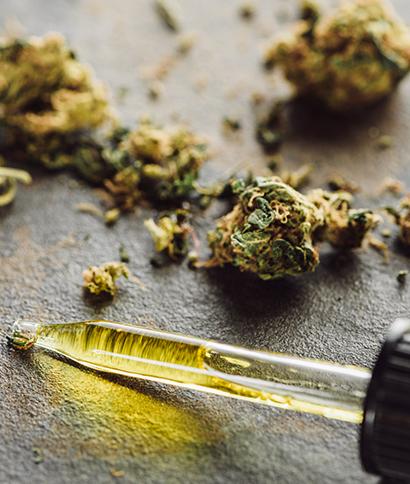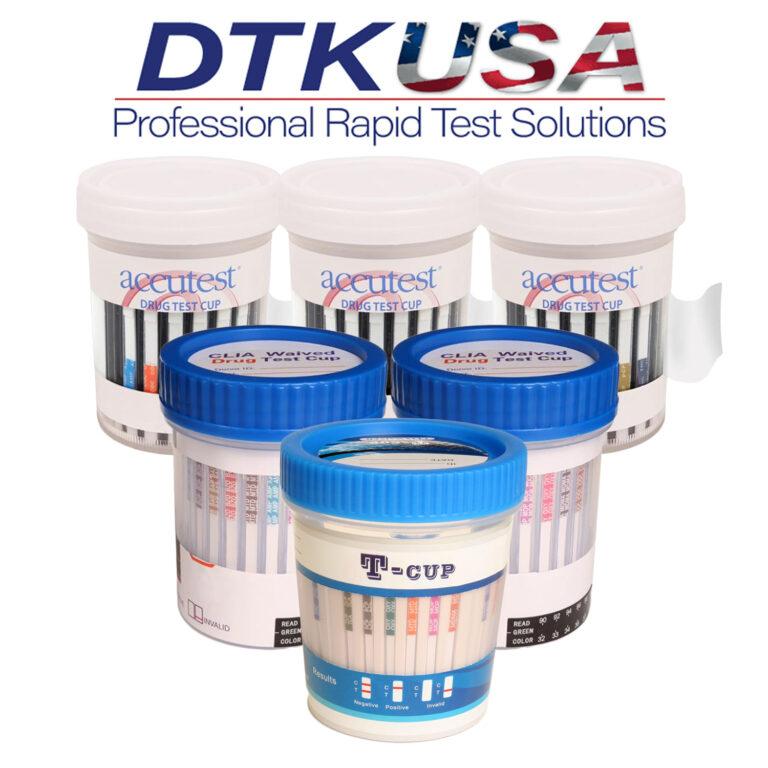CANNABIS (THC)
THC is a psychoactive compound found in cannabis plants.

WHAT Is it?
THC is a chemical compound found in cannabis plants, and it is one of over 100 cannabinoids found in the plant. It is responsible for the psychoactive effects of cannabis, and it works by binding to receptors in the brain and body known as cannabinoid receptors. When THC binds to these receptors, it produces a range of effects, including altered perception, mood, and consciousness
how is it ingested?
There are several ways to ingest THC, including smoking, vaping, edibles, and tinctures. Smoking is the most common method of ingestion, where the dried flowers of the cannabis plant are rolled into a joint or packed into a pipe or bong and smoked. Vaping is another popular method, where the plant material or concentrated oils are heated and inhaled as a vapor.
Edibles and tinctures are also popular methods of ingestion, where the THC is extracted from the plant and added to food or drink.
According to a study by National Institute on Drug Abuse, direct ingestion of marijuana can take longer to release the THC, and as the effects are delayed people may take more than the intended amount, leading to overdoses. Tinctures, on the other hand, are taken sublingually or under the tongue and are absorbed through the bloodstream, producing effects faster than edibles.
HOW IS IT HARMFUL?
THC can have both short-term and long-term harm to the body and mind. Short-term adverse effects include impaired memory and concentration, impaired coordination and balance, and increased heart rate. THC can also produce anxiety and paranoia in some individuals, especially at high doses. Smoking cannabis can also harm the lungs, similar to tobacco smoke, and can increase the risk of respiratory problems.
The long-term harms of THC use are still being investigated, a study conducted by Harvard University has shown that regular cannabis use can lead to dependence, and long-term use may be associated with cognitive impairments, including memory and attention problems. Long-term cannabis use decreases the human IQ by 5.5 points on average as compared to non-users. THC may also have an impact on mental health, with some studies suggesting that regular cannabis use may increase the risk of psychotic disorders, such as schizophrenia.
WHAT DOes it LOOK LIKE?
THC is a white crystalline powder at room temperature. However, in its natural form, it appears as a sticky resin that covers the flowers and leaves of the cannabis plant. THC is often extracted from the plant to create concentrated products such as oils, tinctures, and edibles.
what are its effects?
The effects of THC can vary depending on the method of ingestion, the amount consumed, and the individual's tolerance and sensitivity. Some common effects of THC include:
● Euphoria and relaxation
● Altered perception of time and space
● Increased appetite
● Impaired memory and concentration
● Impaired coordination and balance
● Dry mouth and red eyes
THC's effects are dose-dependent, and higher doses can produce more intense and long-lasting effects, including hallucinations and delusions.
Street Names
THC has a variety of street names, including weed, pot, marijuana, and cannabis. Other slang terms include herb, ganja, bud, and Mary Jane. Concentrated forms of THC, such as hashish and oils, may also have their own street names.



THC
A urine drug test will provide a positive result if the amount of THC in the sample is greater than 50 nanograms per milliliter (ng/mL).
THC can be detected in the urine for up to 30 days after consumption for heavy users, and up to 7 days for infrequent users. It can be detected in saliva for up to 24-72 hours after consumption.
drug test kits
View products with THC below:


